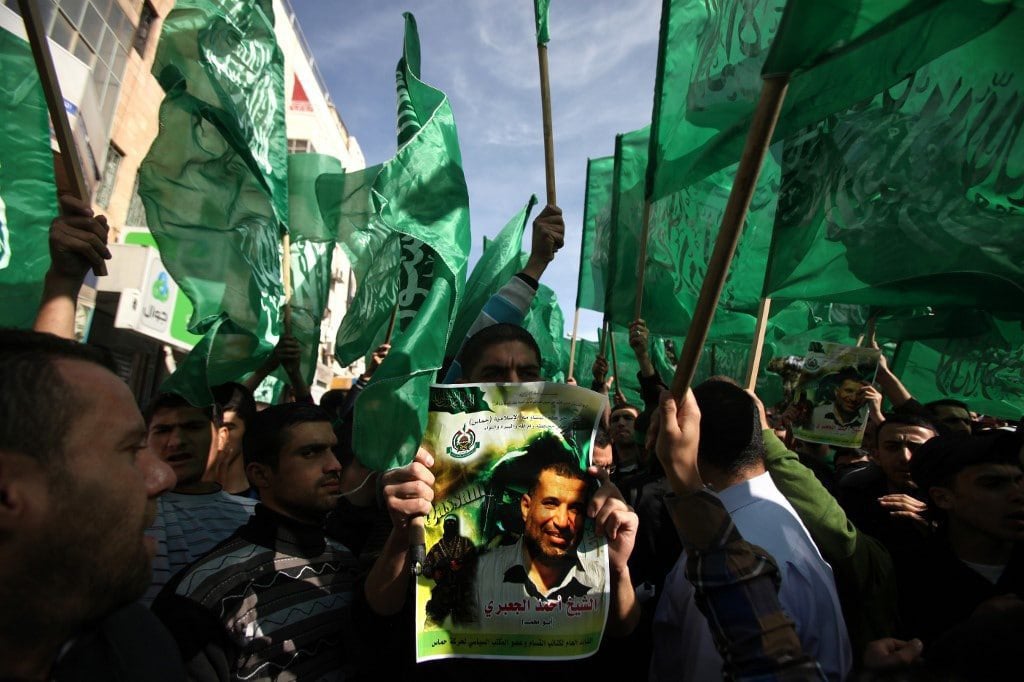
Muslim Brotherhood
The Muslim Brotherhood’s strategy is to achieve its objective in various steps by spreading the Word, and furthermore, by rallying sympathizers politically and socially, in order to eventually establish a state based upon the Sharia (Islamic legislation). The movement was exposed to much criticism from Palestinian society because it initially stood aloof in the struggle against the Israeli occupation and settlements.
This position was no longer sustainable after the outbreak of the intifada, after which Hamas entered the political arena. In the following years, Hamas flourished as a result of a number of factors; partly from increasing criticism of ‘Oslo‘, a failing Fatah/PNA leadership, and the negative effects of the continuing occupation of Palestine by Israel.
Also important are the movement’s extensive social services, which are available to a growing number of Palestinians, for whom the socio-economic problems have increased rather than decreased since 1993. The movement has also gained politically from its active participation in armed resistance against the Israeli occupation. This explains the landslide election victory of January 1996, followed by the (imposed) assumption of power in the Gaza Strip, more than a year later.
The Muslim Brotherhood/Hamas has become an important social and political force in Palestine. There is good reason to believe that a more strongly positioned Hamas will strive for ‘re-Islamization’ of the state and society. For the present, it is unclear whether Hamas will continue to (indirectly) exert pressure or if it will revert to coercion.
Given that Hamas evolved out of the Palestinian society and is for a large part defined by Palestinian social balances, it seems more likely that it will continue its former policy. Generally speaking, Palestinian society is characterized by liberal, tolerant relations. Casting a protest vote against ‘Oslo’ or Fatah/PNA is not the same as agreeing to the ‘re-Islamization’ of the state and society. In the past few decades, there has also been a general increase in the Islamic movements’ influence in the Islamic world, regardless of the specific circumstances in Palestine.
During recent years, Hamas has been subject to pressure not only from Israel and its Western allies but also from so-called Salafist (ultraorthodox) Palestinian Islamists. This has already led to armed conflict a number of times.

